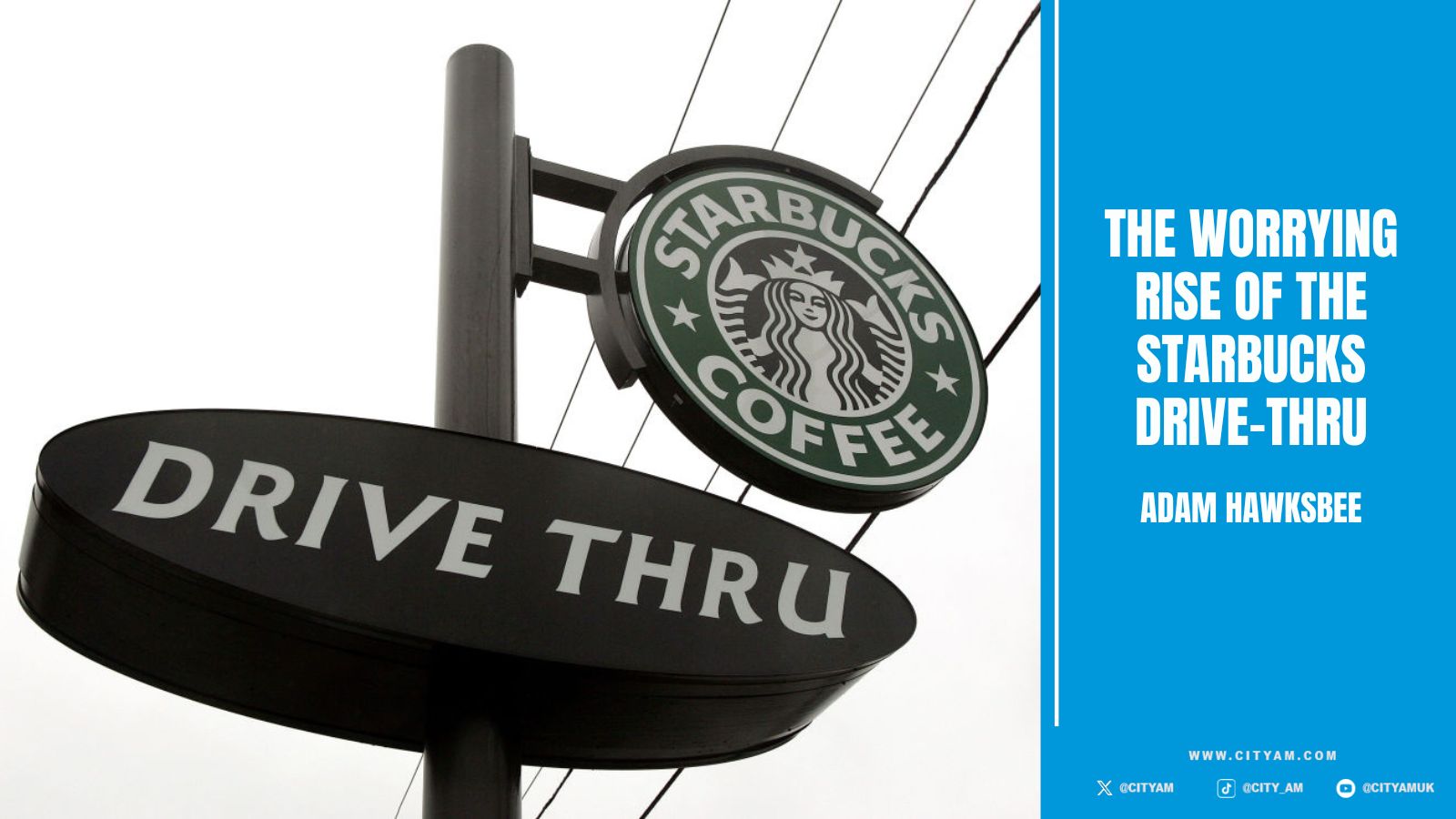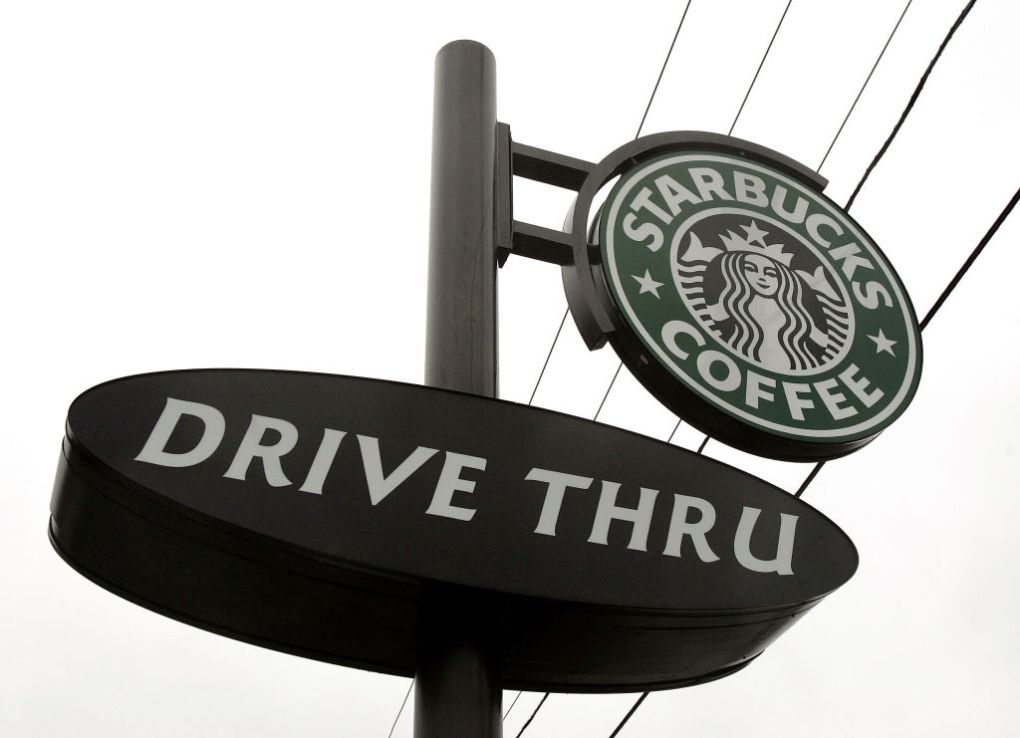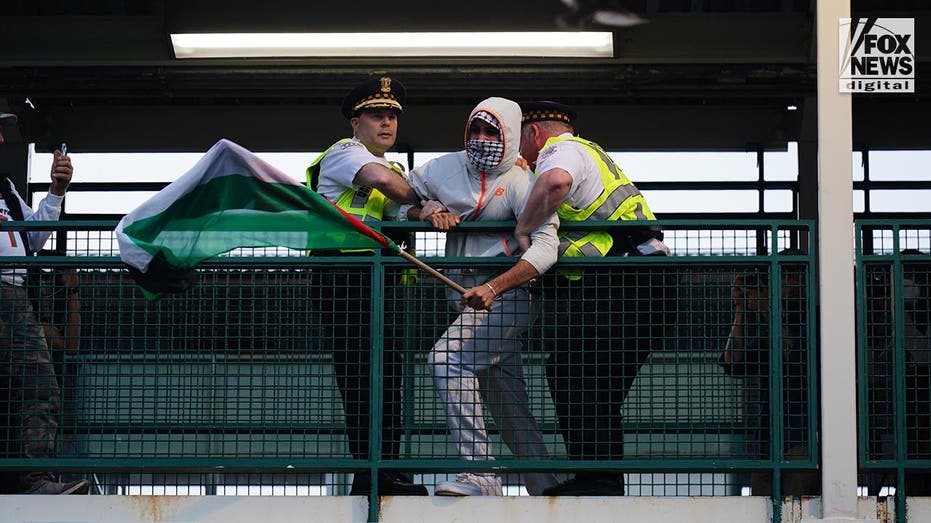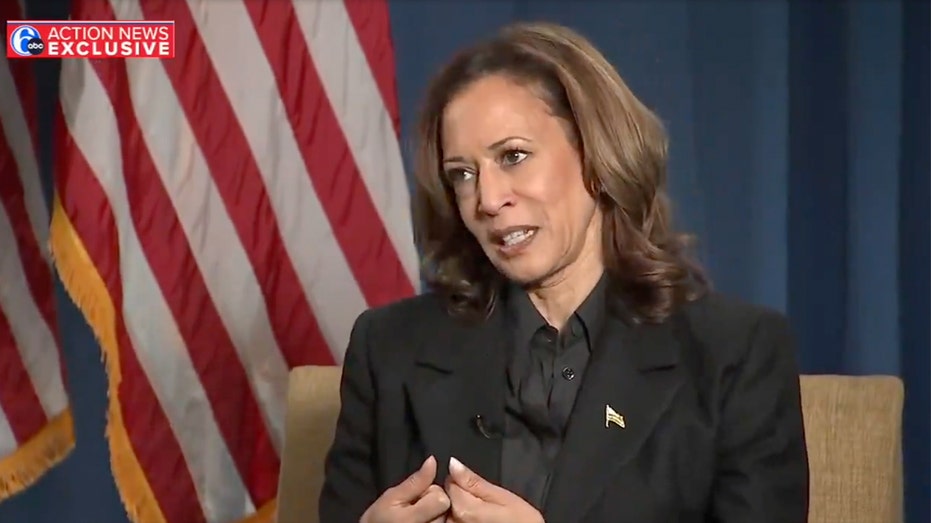The worrying rise of the Starbucks drive-thru
Car-based consumers are hollowing out our high streets and straining our social fabric, says Adam Hawksbee Starbucks opened the UK’s first drive-thru coffee shop in Cardiff in 2008. Today, there are over 800 in towns and cities across the country – almost one in ten premises operated by a major coffee chain. Even the upmarket [...]


Car-based consumers are hollowing out our high streets and straining our social fabric, says Adam Hawksbee
Starbucks opened the UK’s first drive-thru coffee shop in Cardiff in 2008. Today, there are over 800 in towns and cities across the country – almost one in ten premises operated by a major coffee chain. Even the upmarket bakery Gail’s is getting in on the action, looking for sites to open new pit-stop patisseries.
At a tough time for retail and hospitality, any bright spots are good news. But the dominance of the car-based consumer has hollowed out town centres and signals a strained social fabric. Worse still, the rise of the coffee drive-thru might be preventing the next big tech breakthrough.
The first drive-thru coffee shop I experienced was in Alaska, just outside Anchorage. Everything about the drive-thru, right down to the sensationalist spelling of “through”, drips with Americana.
But the UK is catching up. Roughly a third of Starbucks sales come from drive-thru sites and they make up three quarters of new outlets. Drive-thrus are one of the few areas where post-pandemic retail rents are rising, as chains scrabble for space. A recent report found that while there was a net decrease of 5,000 chain-operated outlets last year, coffee drive-thrus bucked the trend (along with bubble tea shops).
The drive-thru coffee shop reflects a wider trend that fewer of us want to spend time with strangers.
Coupled with the rise of delivery apps, particularly among young people, we’re left feeling a little less connected to our neighbours. It’s important not to indulge in rose-tinted Luddism – growing atomisation pre-dates that first Cardiff Starbucks drive-thru. But as the British consumer signals a stronger preference for their own company, the market delivers services that make them feel more alone.
The more immediate challenge is to town centres. The growth of out-of-town retail in the past few decades has driven vacancies and necessitated the shift towards more town centre living and a better mix of bars, cafes, and restaurants. If eateries keep shifting to the roadside, the high street’s future looks even harder.
The end of serendipitous encounters in coffee shops is also holding back economic dynamism. In the 1960s, the urbanist Jane Jacobs argued that cities thrived because of random interactions between talented people who shared ideas. She campaigned for places designed with this serendipity in mind — curating streets, parks, town squares and cafes to encourage mixing.
This might sound fanciful, but it plays out in reality. A recent study by MIT economists used smartphone data to track the coffee shops and other establishments visited by Silicon Valley workers. They monitored random face-to-face meetings between workers with no prior connection to estimate the “returns to serendipity”. The result? A significant increase in the sharing of innovations, measured by patent citations, between workers who bumped into each other. If just a quarter of these face-to-face interactions didn’t happen, the researchers estimate the sharing of vital inventions would fall by almost ten per cent.
Next time you need a caffeine hit, consider leaving the car at home. Or, at the very least, park up and pop in. You might sacrifice a few minutes, but if all our coffee breaks become carbound we stand to lose a lot more.
Adam Hawksbee is deputy director of Onward think tank



